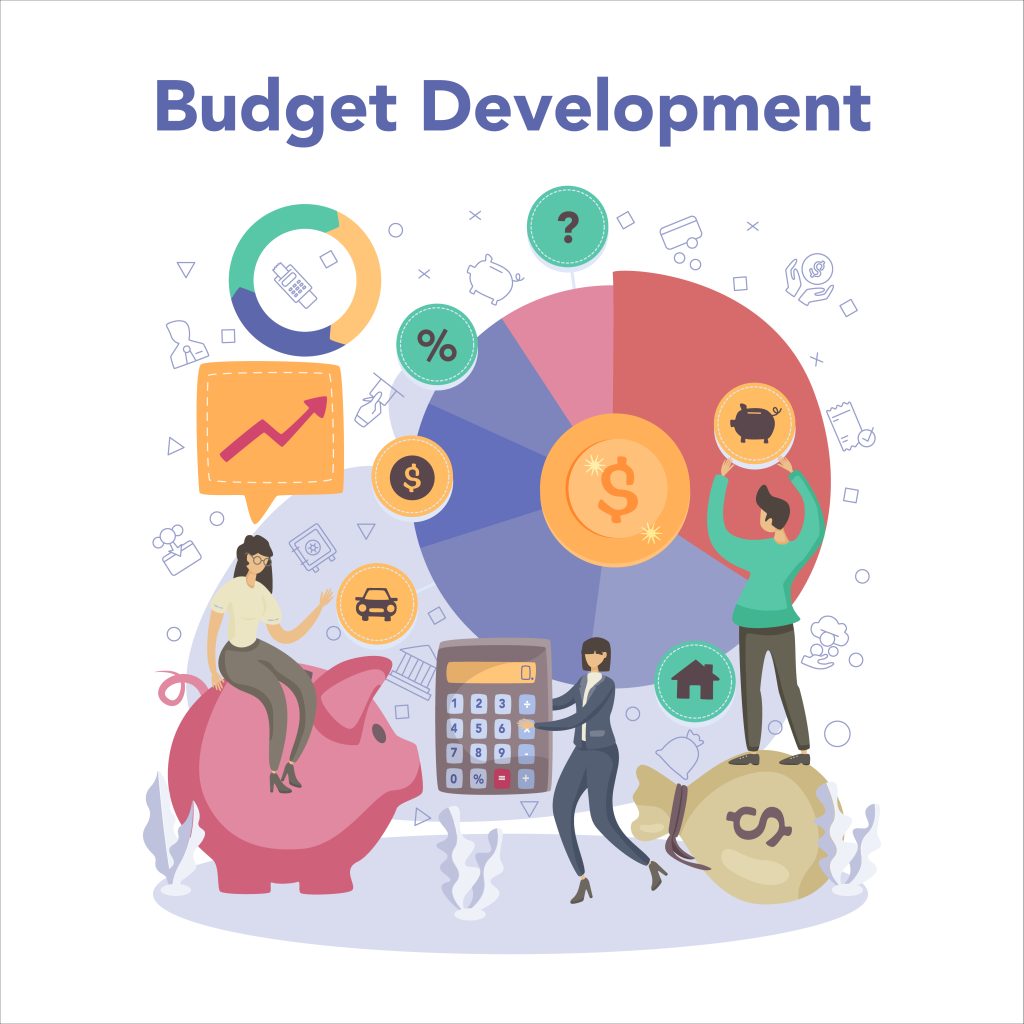Digital marketing in 2025 is no longer about choosing one channel over another—it’s about combining them. While SEO, PPC, and social media each have their strengths, when used together, they can create a powerful, integrated strategy that amplifies results across the board.
In this blog, we’ll break down how these three core pillars—Search Engine Optimization (SEO), Pay-Per-Click Advertising (PPC), and Social Media Marketing—work better together. You’ll learn how to align efforts across platforms, create synergy in messaging, and optimize your marketing spend for maximum impact.
1. Why Integration Matters in 2025
With consumer journeys more complex than ever, a siloed approach just doesn’t cut it anymore. Customers might discover your brand on social media, read reviews on Google, and convert through a paid ad. If your messaging, targeting, and strategy aren’t aligned, you risk confusion—or worse, lost conversions.
Unified Messaging Builds Trust …
Consistency across channels builds credibility. Whether someone sees your brand in a Google ad or an Instagram post, they should experience a unified message, tone, and offer.
Maximizing Touchpoints …
Most consumers require multiple touchpoints before converting. By integrating SEO, PPC, and social media, you cover every stage of the buyer’s journey—from awareness to action.
Smarter Budget Allocation …
When channels work together, you can shift budget based on real-time performance. For instance, insights from SEO can inform paid campaigns, and high-performing social content can be turned into ads.

2. How SEO, PPC, and Social Media Complement Each Other
Each channel brings its own strengths. When integrated, they create a feedback loop of data, traffic, and engagement that boosts overall performance.
SEO: The Long-Term Foundation …
SEO builds organic visibility over time. It’s cost-effective, trust-building, and perfect for capturing demand when people are actively searching for solutions.
- Target high-intent keywords
- Build authority through quality content
- Improve user experience and site speed
PPC: The Fast-Track to Traffic …
Pay-per-click advertising, especially on Google Ads and Bing, drives immediate traffic. It’s perfect for launching new products, testing keywords, and retargeting users who’ve interacted with your brand.
- Get top-of-page visibility instantly
- A/B test landing pages quickly
- Retarget visitors to bring them back
Social Media: The Awareness Engine …
Social platforms like Instagram, Facebook, LinkedIn, and TikTok are where people discover and engage with brands. It’s where storytelling, brand identity, and community happen.
- Build brand personality
- Share engaging, visual content
- Drive community interaction and loyalty
3. Creating Cross-Channel Synergy
It’s not just about running all three—it’s about aligning them. That means consistent goals, coordinated content, and shared data to inform better decisions.
Align Content Themes Across Channels …
If you’re writing an SEO blog about “Top 10 Marketing Tools in 2025,” promote it on social media, and use PPC to drive paid traffic to it. This expands reach while keeping the messaging consistent.
Leverage Social Signals for SEO …
Engagement on social media can indirectly support your SEO. Shares, likes, and comments create buzz and can increase backlinks and time-on-page for content, signaling relevance to search engines.
Use PPC Data to Refine SEO Strategy …
PPC data provides insights into high-converting keywords and audience behavior. Use this to optimize your SEO content and target the right terms organically.
4. Tools and Tactics to Manage Integrated Strategies
Managing cross-channel efforts takes planning, tools, and clear communication. Here’s how to stay organized and get results.
Use a Central Dashboard …
Tools like HubSpot, SEMrush, and Google Data Studio allow you to track performance across all your channels in one place. This helps you spot trends, shift budget, and measure ROI more effectively.
Shared Content Calendars …
Coordinate your messaging across platforms using a shared editorial calendar. This ensures blog posts, social updates, and ad campaigns align with seasonal trends or product launches.
Define Clear KPIs for Each Channel …
Even though everything is integrated, each channel should have its own KPIs (e.g., CTR for PPC, rankings for SEO, engagement for social). Use combined data to see the full customer journey.
5. Common Mistakes to Avoid When Combining Channels
A lot can go wrong when trying to merge multiple digital strategies. Here’s what to watch for:
Disjointed Messaging …
If your social media tone is casual but your PPC ads are overly corporate, you create a disconnect. Keep branding and messaging consistent across channels.

Overlapping Audiences …
Without proper segmentation, you might target the same people repeatedly with ads on every platform, leading to fatigue. Use exclusion lists and frequency caps to manage this.
Ignoring Attribution …
Make sure you’re tracking which channels are driving conversions. Relying on last-click attribution might overvalue PPC and undervalue the awareness created by social or SEO.
Conclusion: Multiply Your Impact with Marketing Synergy
In 2025, successful digital marketing isn’t about choosing SEO or PPC or social media—it’s about using all three in harmony. When aligned correctly, these channels support each other, creating a loop of visibility, trust, engagement, and conversions.
By focusing on integration instead of isolation, your digital strategy can achieve more with less. Synergy isn’t just a buzzword—it’s your path to smarter spending, stronger branding, and sustainable growth.




